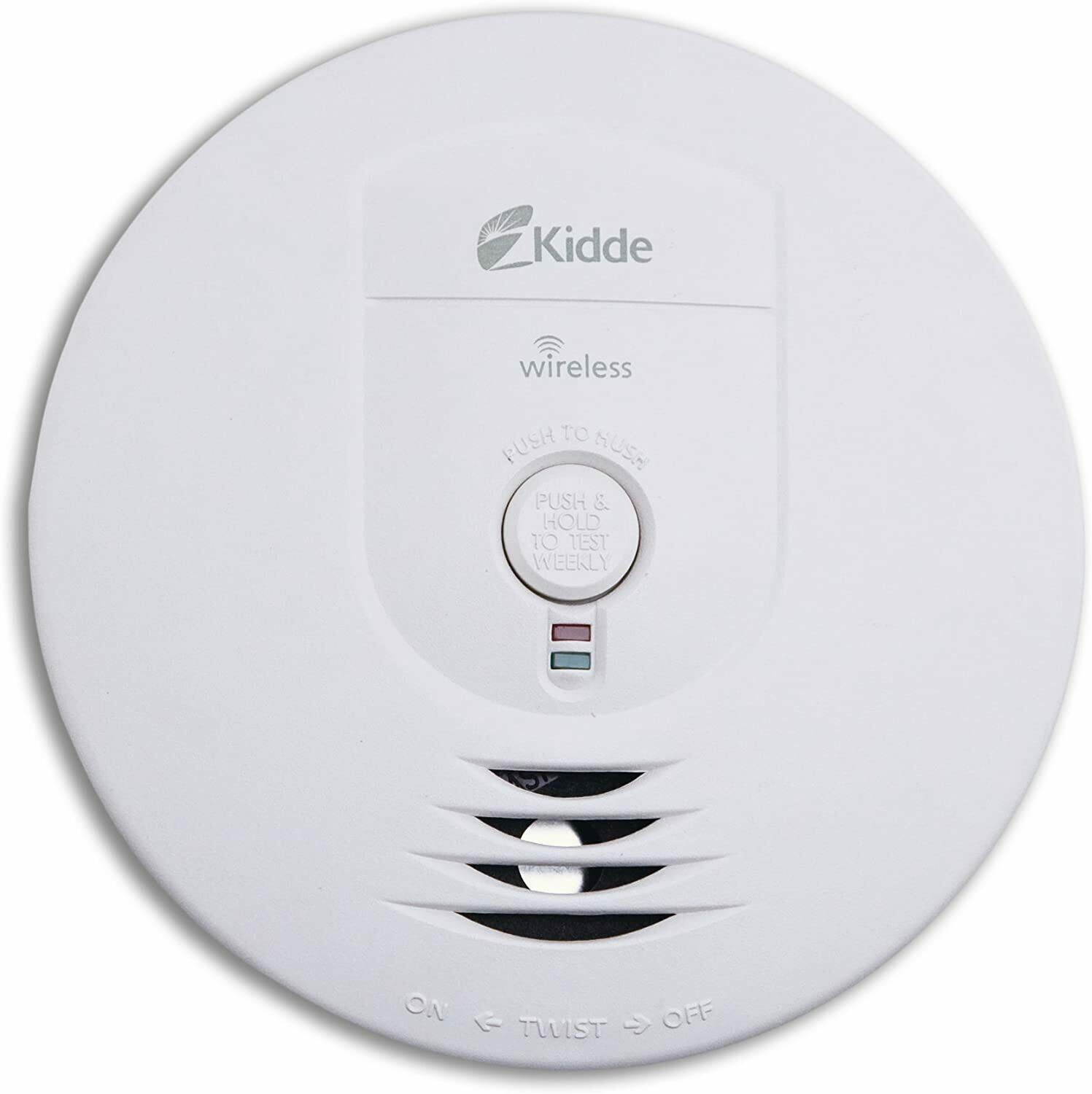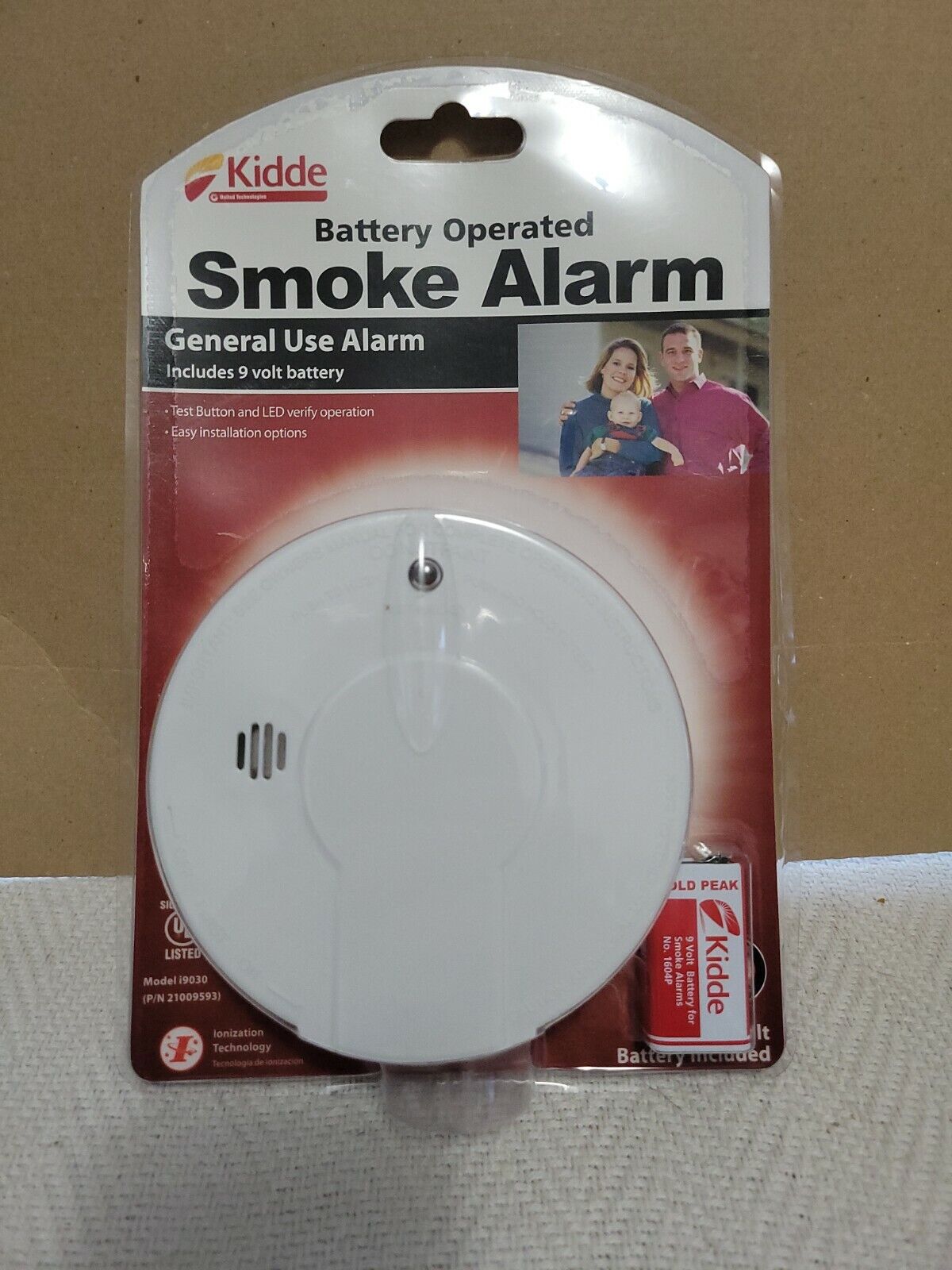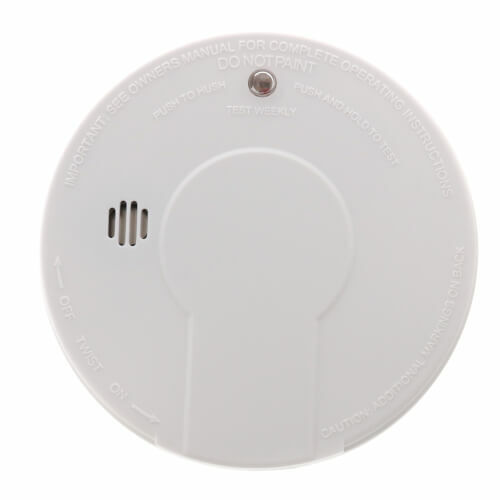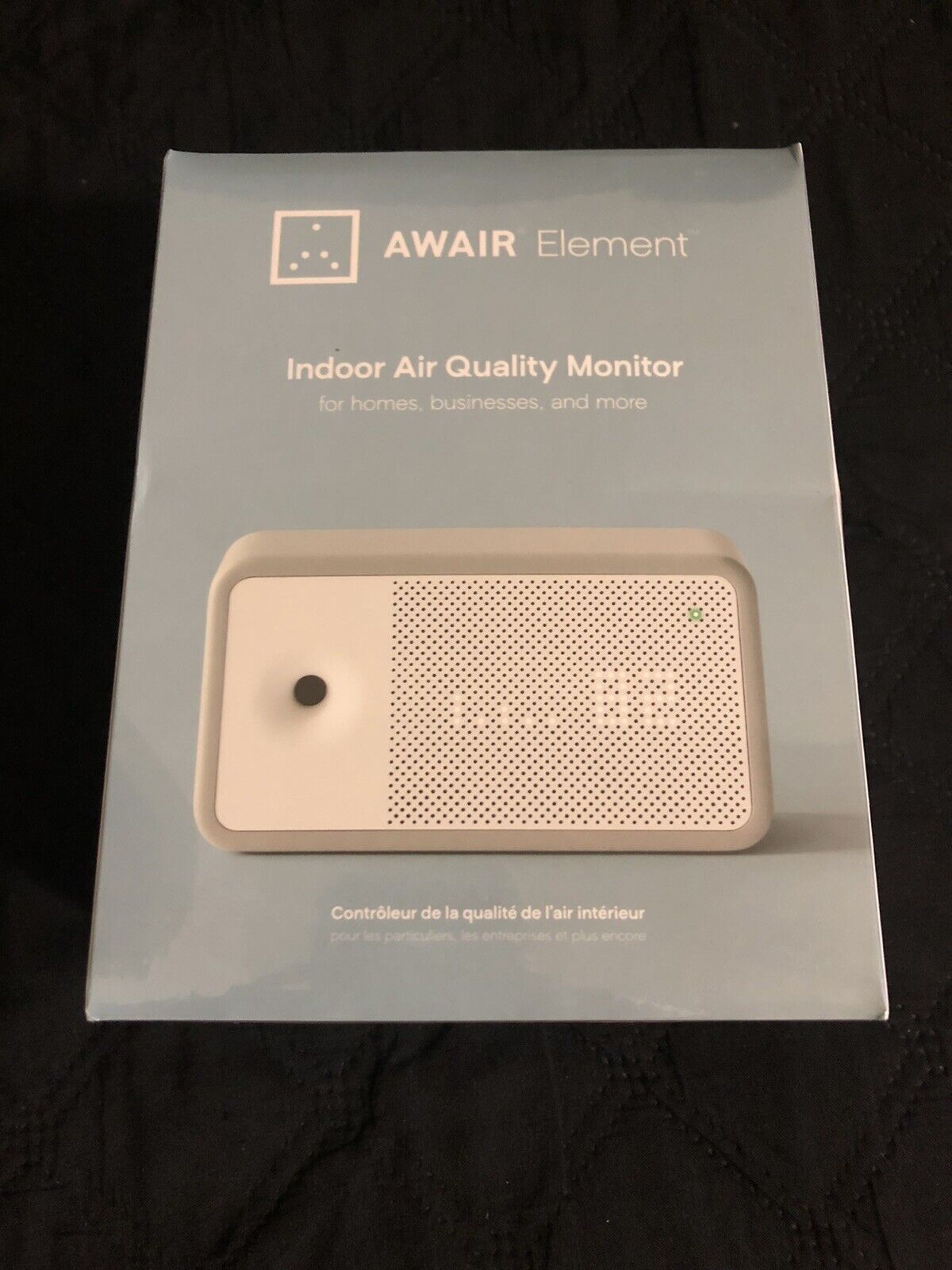-40%
RF-SM-DC Kidde Smoke Detector, Battery Powered, Interconnect Smoke Alarm
$ 22.17
- Description
- Size Guide
Description
Product DescriptionThe Kidde Smoke Detector, Battery Powered, Interconnect Smoke Alarm with LED Lights, model RF-SM-DC, features ionization sensor technology to protect you & your family from the dangers of smoke & fire. Operating on 3-AA alkaline batteries, the smoke alarm provides continuous protection from smoke or fire, even during power outages. Red LEDs provide 4 modes of operation: Standby Mode - flashes every 40 seconds to indicate the smoke alarm is operating properly, Alarm Mode - senses a smoke hazard, Alarm Memory - indicates the alarm has been activated, & Hush Mode - silences the alarm for approximately 7 minutes. Green LED indicates the alarm's current status & mode of operation. At the end of 10 years, the smoke will need to be replaced. UL Certified with a 10-year limited warranty. Meets requirements of UL217, NFPA72, The State of California Fire Marshall, NFPA 101, FHA, & HUD.
The Kidde Battery-Operated Wireless Smoke Alarm allows for the easy installation of an interconnected smoke alarm system without the high cost and hassle of rewiring your home. The alarms are wirelessly linked so that when one alarm is triggered, all alarms will sound. This alarm can also be placed in a detached workshop or shed and linked into the home's interconnected system.
Experts recommend interconnected alarms, because when one sounds, they all sound, providing an early warning against fire by dramatically increasing your ability to hear an alarm anywhere in your home, regardless of where the fire starts. Newer homes are required by code to have interconnected alarms. Wireless technology now enables any home to have an interconnected system.
This alarm uses ionization sensing technology. Ionization sensing alarms may detect invisible fire particles (associated with flaming fires) sooner than photoelectric alarms. Photoelectric sensing alarms may detect visible particles (associated with smoldering fires) sooner than ionization alarms.









